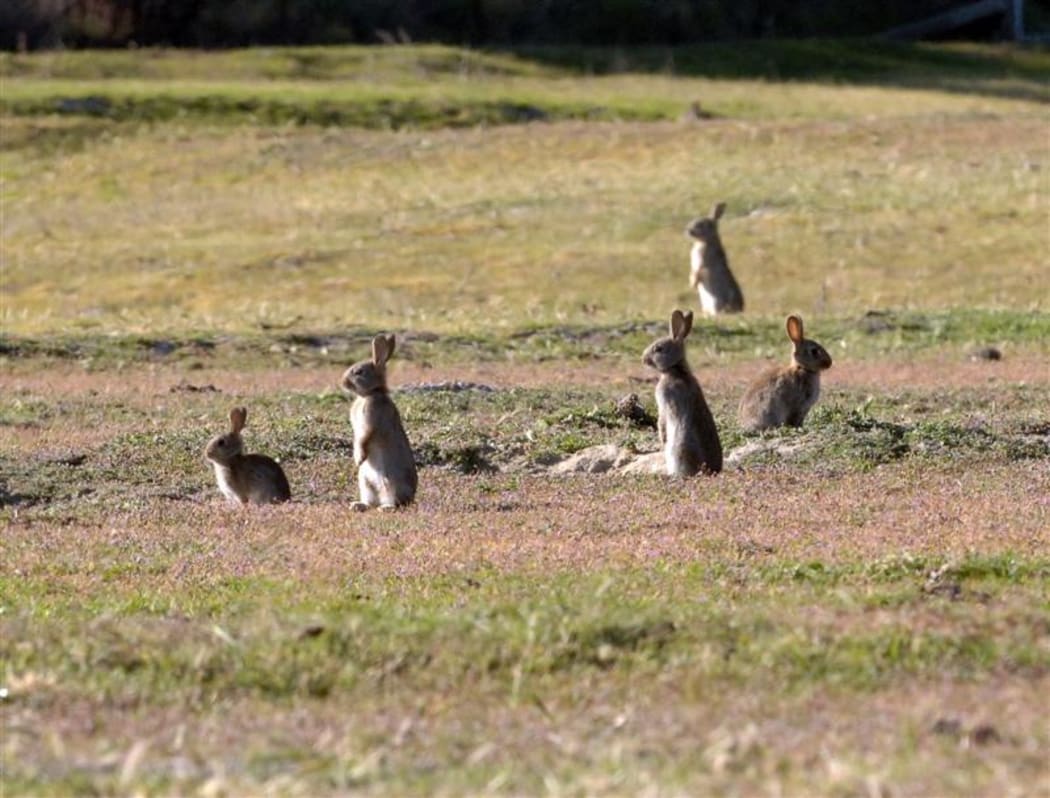A virus deadly to rabbits will be released in some areas of the Residential Red Zone in a bid to curb rising rabbit numbers in Christchurch.

Photo: 123rf.com
Land Information New Zealand will release calicivirus K5 in late June after discovering a booming rabbit population.
A modified McLean's Scale is used to measure rabbit populations from level 1 to 8, with numbers in Heathcote, Brooklands, Horseshoe Lake, Bexley and Avondale reaching level 4.
That means there are pocket of rabbits with very noticeable, fresh burrows, and pellet heaps spaced between five and 10 metres apart on average.
LINZ Christchurch land and property manager Matt Bradley said pest control measures were needed and the K-5 virus was recommended by biodiversity experts as it only affected the European rabbit.
"It is also important to note that the K5 strain has been in use for a while by other local and regional authorities in New Zealand," Mr Bradley said.
"We consulted with the New Zealand Veterinary Association before making the decision to release the virus. They have made sure veterinary clinics in Christchurch are aware, so they can remind all owners of pet rabbits to take the appropriate steps to ensure their animals are vaccinated appropriately."
Rabbit owners were advised to speak with their veterinarian to check if their rabbit had the appropriate vaccination protection.
New Zealand Veterinary Association Chief Veterinary Officer Helen Beattie said previous vaccinations might not be enough to protect pet rabbits in the area.
"Rabbits vaccinated against previously released strains of the calicivirus are likely to have some immunity but owners should be aware these animals require a booster vaccination every 12 months to ensure they maintain the appropriate levels of immunity," Dr Beattie said.
"Rabbits that have not been vaccinated will not be protected and owners should have these animals vaccinated as soon as possible."
It could take up to 21 days for a vaccination to become effective, she said.




